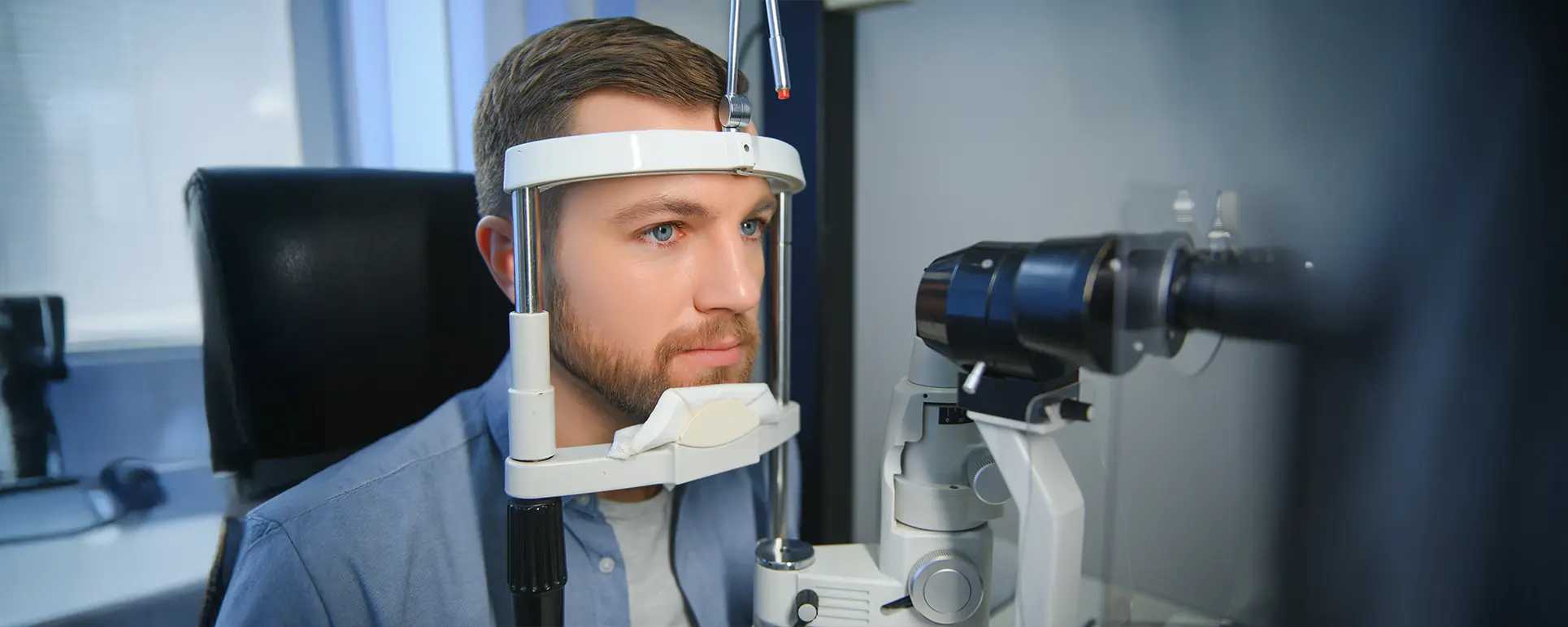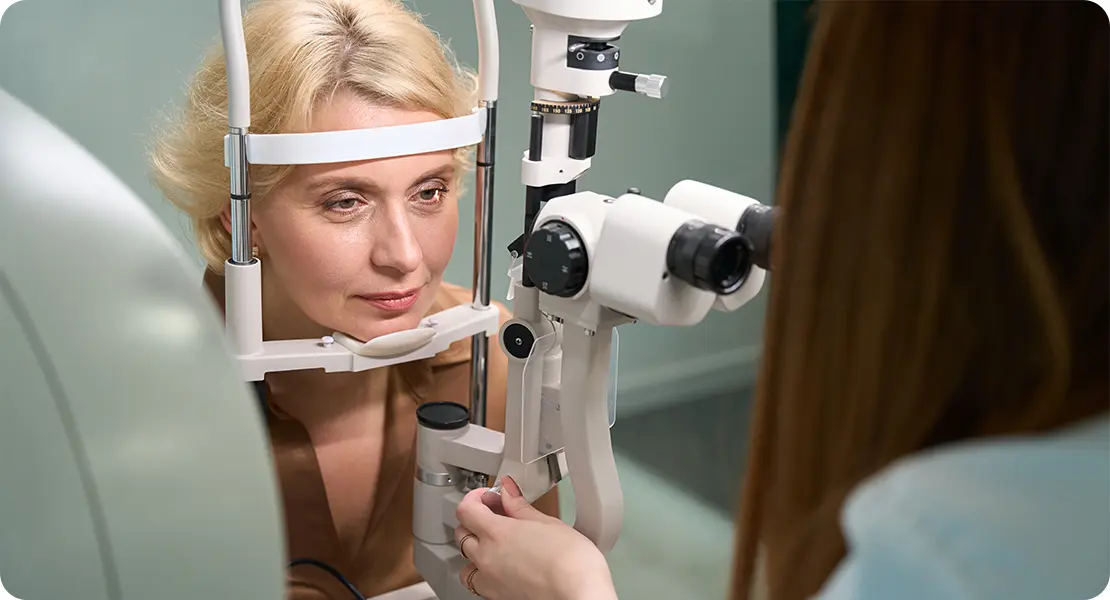How Do You Treat Keratoconus? Current Options Explained
2025-10-09T14:03:22+00:00If you’ve been diagnosed with keratoconus, you may already know how frustrating it can be. Your vision gets blurry, glasses stop working properly, and even simple tasks like reading or driving at night can feel more difficult. The good news is that modern medicine now offers effective ways to slow down or even stop keratoconus from getting worse. In this guide, I’ll take you through the main treatment options available today from specialised contact lenses to corneal cross-linking and surgical





